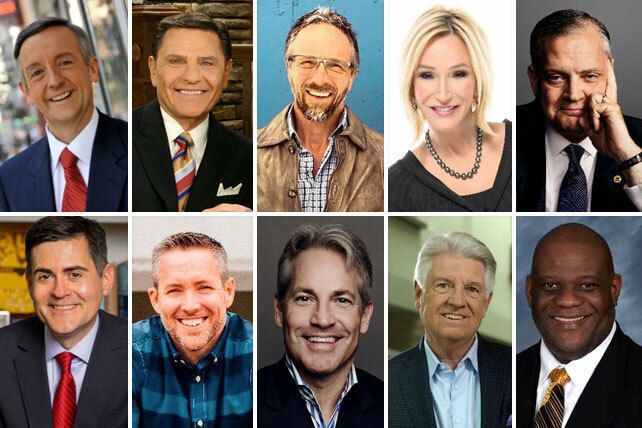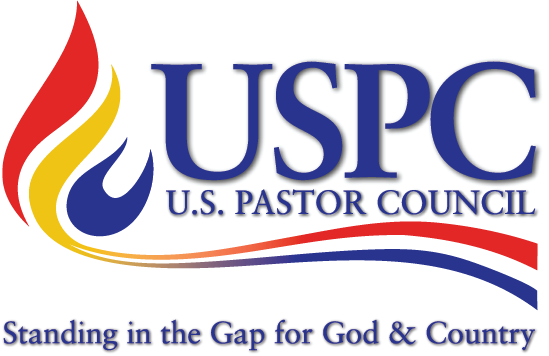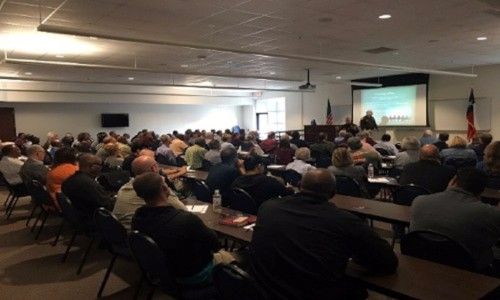
Although news organization on Saturday declared former Vice President Joe Biden the winner of the 2020 U.S. presidential election, President Trump and many of his supporters are casting doubt about the outcome. Because Trump’s attorneys are pursuing legal challenges in several states, the Republican incumbent hasn’t yet conceded—a step that’s a tradition, not a constitutional requirement.
How to proceed—and whether to concede—is now a hotly debated topic among Trump’s family members, administration officials, and evangelical supporters. Here’s what some prominent people of faith are saying as America faces a post-election divide:
Prayer, Unity Are Priorities
No matter the final outcome, say many pastors and leaders, Christians must pray for people in authority and for the country—while remembering that our true citizenship is in heaven.
Trump supporter Robert Jeffress, pastor of First Baptist Church in Dallas, writes on FoxNews.com that praying for someone who wasn’t “our preferred candidate” is an opportunity “to show that Christians are not hypocrites” as well as “the chance to show the consistency and constancy of our Christian witness.”
Jeffress, who has called Trump the “most pro-faith president in American history,” acknowledges that a Biden victory “is a bitter pill to swallow” for many Christians. But he adds that God is the one who establishes earthly authorities and who commands us to obey them.
Southern Baptist Convention (SBC) President J.D. Greear, who recently preached a sermon series about tough political issues, says empathy, charity, and unity should “guide our posture after this election.” It’s possible, he says, to disagree on important political questions yet “still stand united…because our identity in Christ and our mission to preach the gospel is that much more important.”
Russell Moore, president of the SBC’s Ethics and Religious Liberty Commission, writes, “We are called to love our neighbors and to pray for their thriving. That means that we cannot pray for whatever ‘our side’ is to succeed in injustice or for the ‘other side’ (whoever that is) to fail in doing what is good.” Moore adds ...

